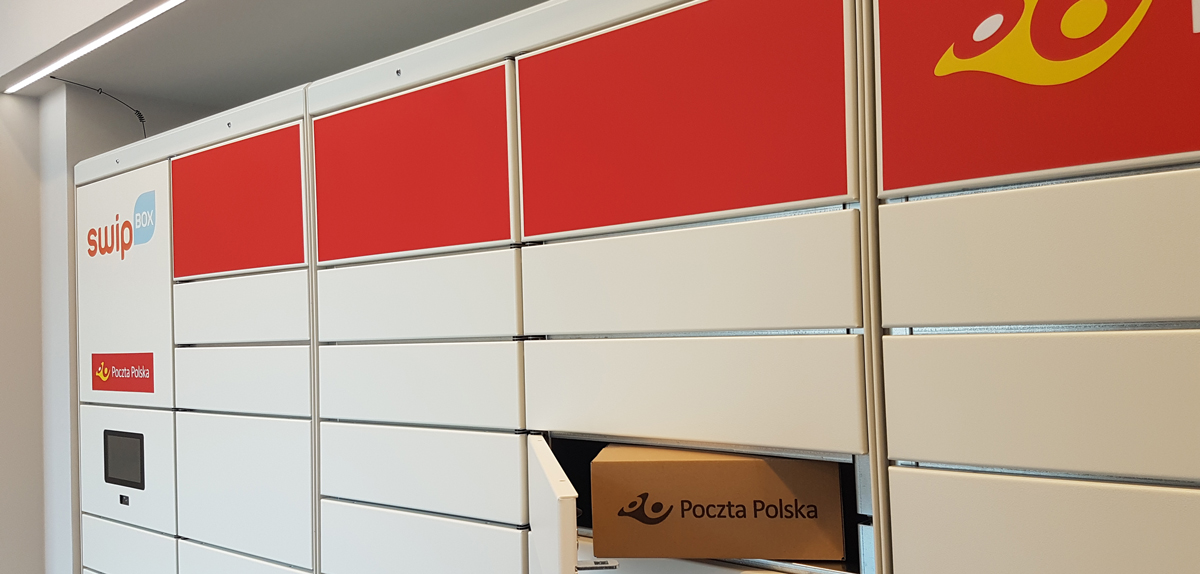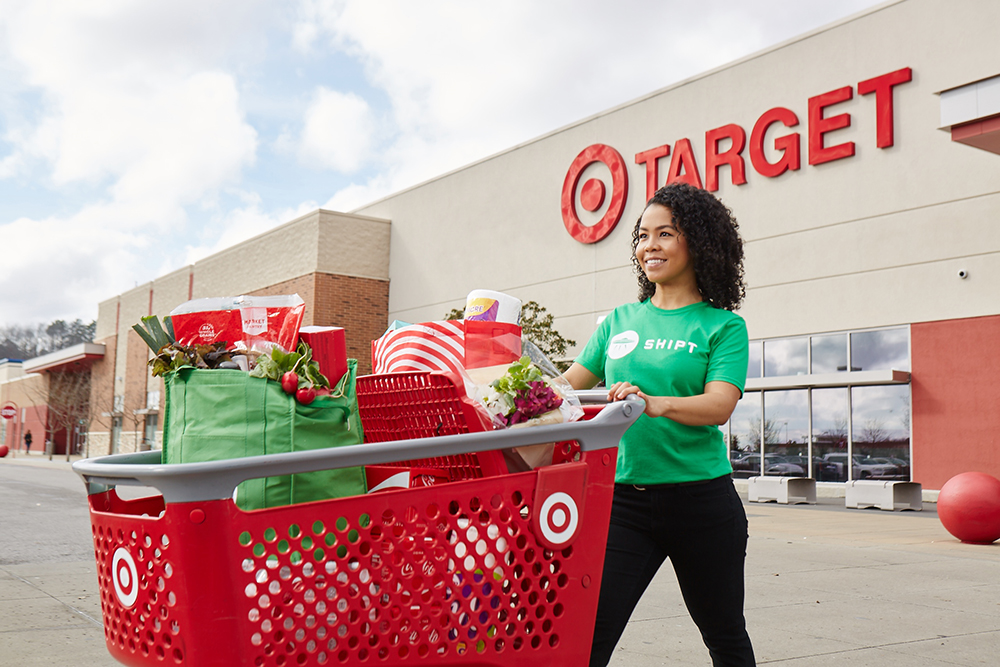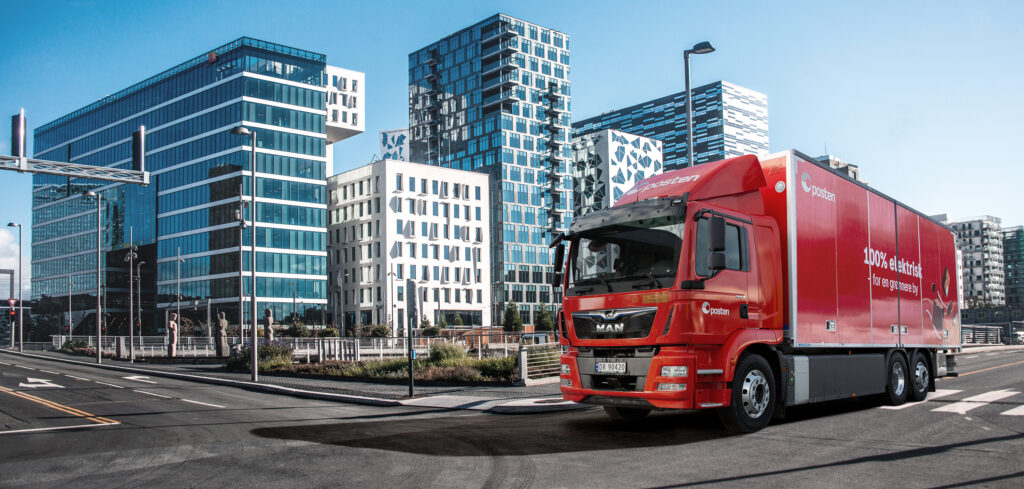The Daily Delivery Digest from Last Mile Experts includes brief analysis of news from around the delivery world:
AliExpress invests in logistics
AliExpress is investing in its logistics networks via Cainiao, aiming to grow its presence in foreign markets. A key part of this is improving transit time for deliveries to key European markets. For example, not so long ago deliveries to Poland took four to six weeks. That transit time has now been reduced to around 2.5 weeks.
At the same time, AliExpress is investing in the last mile. It is installing its own network of parcel lockers in Poland, with a goal of 8,000 lockers by the end of 2022. While there is some local controversy about the rollout of the AliExpress lockers, those problems will eventually be resolved. The Chinese e-commerce giant is stirring, with implications for the last mile worldwide.
By Mirek Gral, Last Mile Experts
Polish Post expands its PUDO network
Poczta Polska (Polish Post) has expanded its network of parcel collection points to 14,000 thanks to a deal with Eurocash. The new partnership allows customers to collect parcels from 450 ABC, Lewiatan and Delikatesy Centrum stores. The Polish postal operator expects its out-of-home PUDO network to exceed 15,000 points (including post offices) by June, with a target of 20,000 by 2022.
Polish Post is also growing its parcel locker network, although its target of 2,000 lockers by 2022 is still far behind InPost’s network of over 11,000. Nevertheless, the post has the largest out-of-home network in Poland.
Will these initiatives improve the quality of delivery and make Polish Post the delivery partner of choice?
By Mirek Gral, Last Mile Experts

Major US retailers invest in the last mile
Target leads other US-based big-box stores in e-commerce, omnichannel store pick-up and local delivery solutions. It’s now developing small sortation centers in major markets to consolidate orders sourced from stores, and make them available for delivery by Shipt, its in-house delivery company. Shipt should be able to bundle the Target store orders with third-party delivery orders. This will drive improved delivery stop density, reduce delivery cost and improve profit margins.
Target acquired robust route-planning technology from Deliv before the on-demand delivery company closed down. This technology is the glue that will hold the new distribution solution together. Route-optimizing technology is not new and is commonly used by delivery companies across the globe.
By bringing shipping in-house, and making those deliveries more efficient via route planning and increased delivery drop density, Target stands to make delivery faster and more cost-effective. We are witnessing a new arms race between Target and Amazon in the last mile.
Meanwhile, US retailer Best Buy is revamping its loyalty program. For US$199.99, members will get discounts, tech support, and free shipping and installation. Amazon Prime is priced at US$119 and Walmart+ costs US$98 per year.
Best Buy has been closing some stores and reconfiguring others to focus on fulfilling online orders. The subscription model ties into the idea of Best Buy focusing more on its omnichannel offering. It may also be that it is tired of the ‘showrooming’ effect, where customers browse products in its stores then buy cheaper online from its competitors. Will customers see value in the high price tag? That remains to be seen.
One thing is certain: although Best Buy will continue to pursue its omnichannel marketing and sales strategy, it hopes to eventually drive the majority of sales through the e-commerce channel and close many more of those costly big-box stores.
By Dean Maciuba, Last Mile Experts North America

Posten Norge trials electric truck
Posten Norge (Norway Post) recently received its second electric 18-pallet truck (top) to be used in different parts of the country. When winter comes, the goal is to test the truck in very cold conditions.
It is not easy to bring a good electric truck to market. In fact, it is much harder technically than in the case of electric vans, and still we have only a few good electric vans available. It will take another year or two to see more zero-emission trucks on the roads, and I see much better prospects for vans to improve air quality in our cities.
By Tomasz Gać, Last Mile Experts
Decathlon offers two-hour delivery
Decathlon (Poland) is offering two-hour delivery of online orders to customers in six regional cities, with plans to expand the service. Deliveries will be made by food delivery company Stava, which is looking to expand beyond its food and restaurant roots to offer delivery services to other sectors.
This announcement shows the keenness of major omnichannel retailers to offer customers more delivery options, including super-fast and out-of-home. At the same time, food delivery companies are looking to diversify.
By Mirek Gral, Last Mile Experts
Sign up for the Daily Delivery Digest: http://www.thepostalhub.com/subscribe-daily-delivery-digest
 Ian Kerr is the founder and host of the Postal Hub Podcast, the weekly podcast for the postal and delivery sectors.
Ian Kerr is the founder and host of the Postal Hub Podcast, the weekly podcast for the postal and delivery sectors.

Marek Różycki is managing partner at Last Mile Experts, specializing in CEP and e-commerce last-mile advisory.


